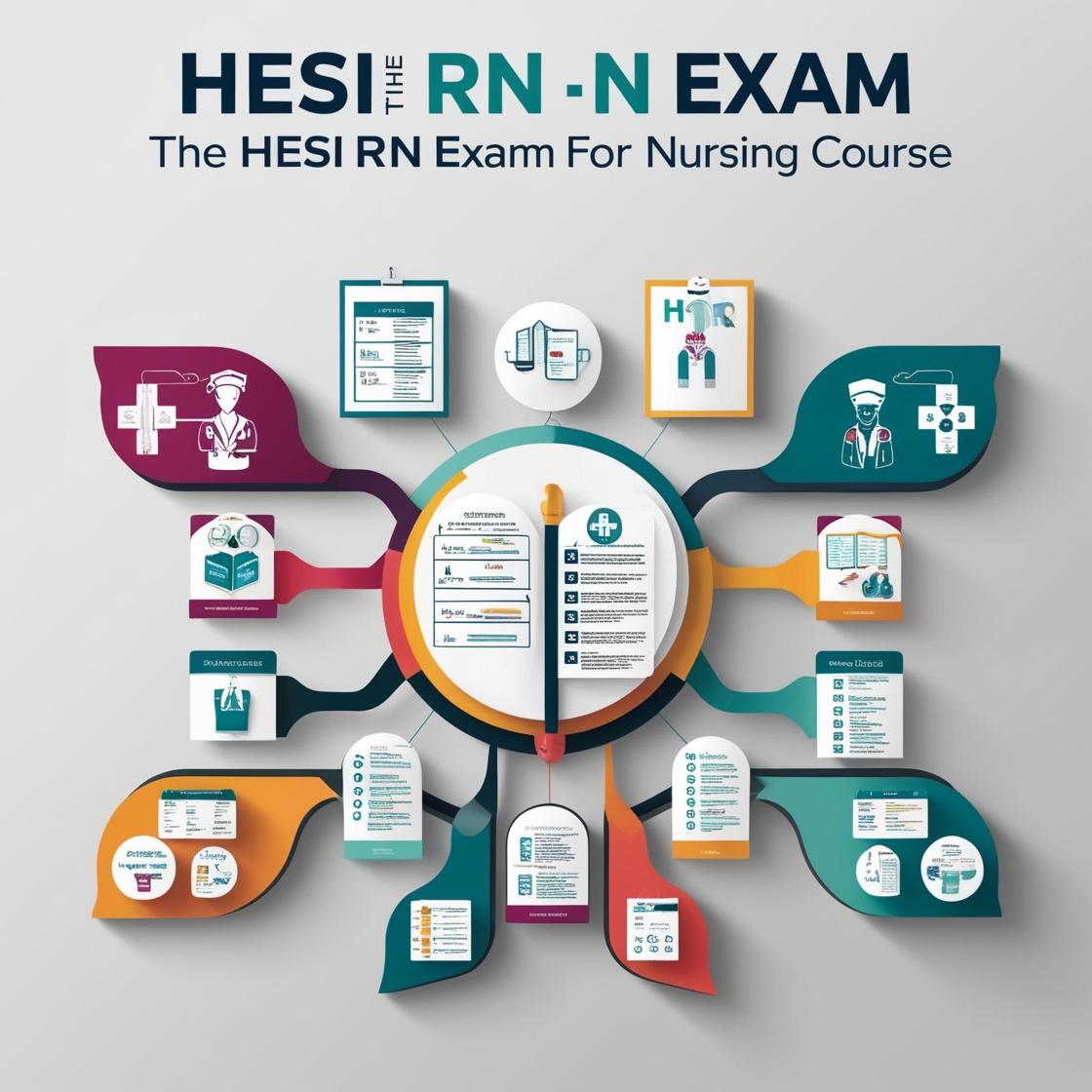HESI RN
Quizlet HESI Mental Health
1. To evaluate the effectiveness of cognitive-behavioral techniques, which client outcomes should the nurse include in the plan of care?
- A. Relates insights into problematic relationships
- B. Demonstrates a healthy relationship with her husband
- C. Describes how the family can resolve problems
- D. Changes thought patterns related to problem-solving
Correct answer: D
Rationale: The correct answer is D. Cognitive-behavioral therapy focuses on changing thought patterns by guiding the client to engage in problem-solving strategies to address the current situation. This approach helps individuals modify negative thinking patterns and develop more adaptive ways to cope with challenges. Choices A, B, and C are incorrect because while they may be important aspects to consider in therapy, the primary focus in cognitive-behavioral therapy is on identifying and changing negative thought patterns rather than exploring relationships or family problem-solving skills.
2. An adolescent with a history of bipolar disorder is hospitalized during a manic episode. Which intervention is most appropriate for the nurse to include in the care plan?
- A. Encourage high levels of physical activity.
- B. Provide a quiet and structured environment.
- C. Engage the client in creative arts activities.
- D. Allow the client to make decisions about their schedule.
Correct answer: B
Rationale: During a manic episode, individuals with bipolar disorder may experience heightened energy levels, decreased need for sleep, and racing thoughts. Providing a quiet and structured environment is crucial in managing these symptoms as it helps reduce external stimuli, prevent overstimulation, and promote a sense of calmness. Encouraging high levels of physical activity may exacerbate the manic symptoms by further increasing stimulation and excitement. Engaging the client in creative arts activities might be beneficial during stable periods but may not be the most appropriate intervention during a manic episode. Allowing the client to make decisions about their schedule could potentially lead to impulsivity and poor judgment, which are common characteristics of mania.
3. During an annual physical at the corporate clinic, a male employee expresses to the RN that his high-stress job is causing trouble in his personal life. He mentions getting so angry while driving to and from work that he has considered 'getting even' with other drivers. How should the RN respond?
- A. “Anger is contagious and could lead to major confrontations.â€
- B. “Try not to let your anger cause you to act impulsively.â€
- C. “Expressing your anger to a stranger could lead to an unsafe situation.â€
- D. “It seems like there are many situations that make you feel angry.â€
Correct answer: B
Rationale: The correct response for the RN is to advise the employee not to act impulsively when feeling angry. This approach helps the individual learn to manage anger in a constructive manner, reducing the likelihood of potential conflicts. Choice A is incorrect because although acknowledging that anger can escalate into confrontations is valid, it does not provide immediate guidance on managing the anger. Choice C focuses on the dangers of expressing anger to strangers but does not address the core issue of managing anger. Choice D simply acknowledges the employee's feelings without providing guidance on how to address the situation effectively.
4. A client with schizophrenia is being discharged home after an extended stay in a psychiatric hospital. Which statement by the client indicates that further teaching about medication management is needed?
- A. “I will take my medication only when I feel like it.â€
- B. “I need to follow up with my psychiatrist regularly.â€
- C. “I will notify my healthcare provider if I experience side effects.â€
- D. “I should avoid alcohol while on my medication.â€
Correct answer: A
Rationale: The correct answer is A. This statement indicates a lack of understanding about medication management for schizophrenia. Medications for schizophrenia should be taken consistently as prescribed for optimal effectiveness, regardless of how the client feels. Choice B is a correct statement as regular follow-up with a psychiatrist is important for monitoring progress and adjusting treatment. Choice C demonstrates good awareness of potential side effects and the need for communication with healthcare providers. Choice D reflects appropriate knowledge as alcohol can interact with medications and may reduce their effectiveness.
5. The nurse is assessing a client who has schizophrenia and is exhibiting symptoms of paranoia. Which behavior would the nurse most likely observe?
- A. The client is seen as unmotivated and withdrawn.
- B. The client is preoccupied with a fear of being harmed.
- C. The client displays a blunted affect and lacks emotional response.
- D. The client avoids group activities and shows decreased appetite.
Correct answer: B
Rationale: In clients with paranoia, they typically exhibit an intense fear of being harmed, persecuted, or targeted by others. This fear often dominates their thoughts and can significantly impact their daily functioning and interactions. Choice A, being unmotivated and withdrawn, is more indicative of negative symptoms of schizophrenia, such as avolition and social withdrawal. Choice C, displaying a blunted affect and lacking emotional response, is associated with flat affect, a symptom commonly seen in schizophrenia but not specific to paranoia. Choice D, avoiding group activities and showing decreased appetite, may be related to various symptoms or side effects, but it is not a defining characteristic of paranoia in schizophrenia.
Similar Questions

Access More Features
HESI RN Basic
$69.99/ 30 days
- 50,000 Questions with answers
- All HESI courses Coverage
- 30 days access @ $69.99
HESI RN Premium
$149.99/ 90 days
- 50,000 Questions with answers
- All HESI courses Coverage
- 30 days access @ $149.99
